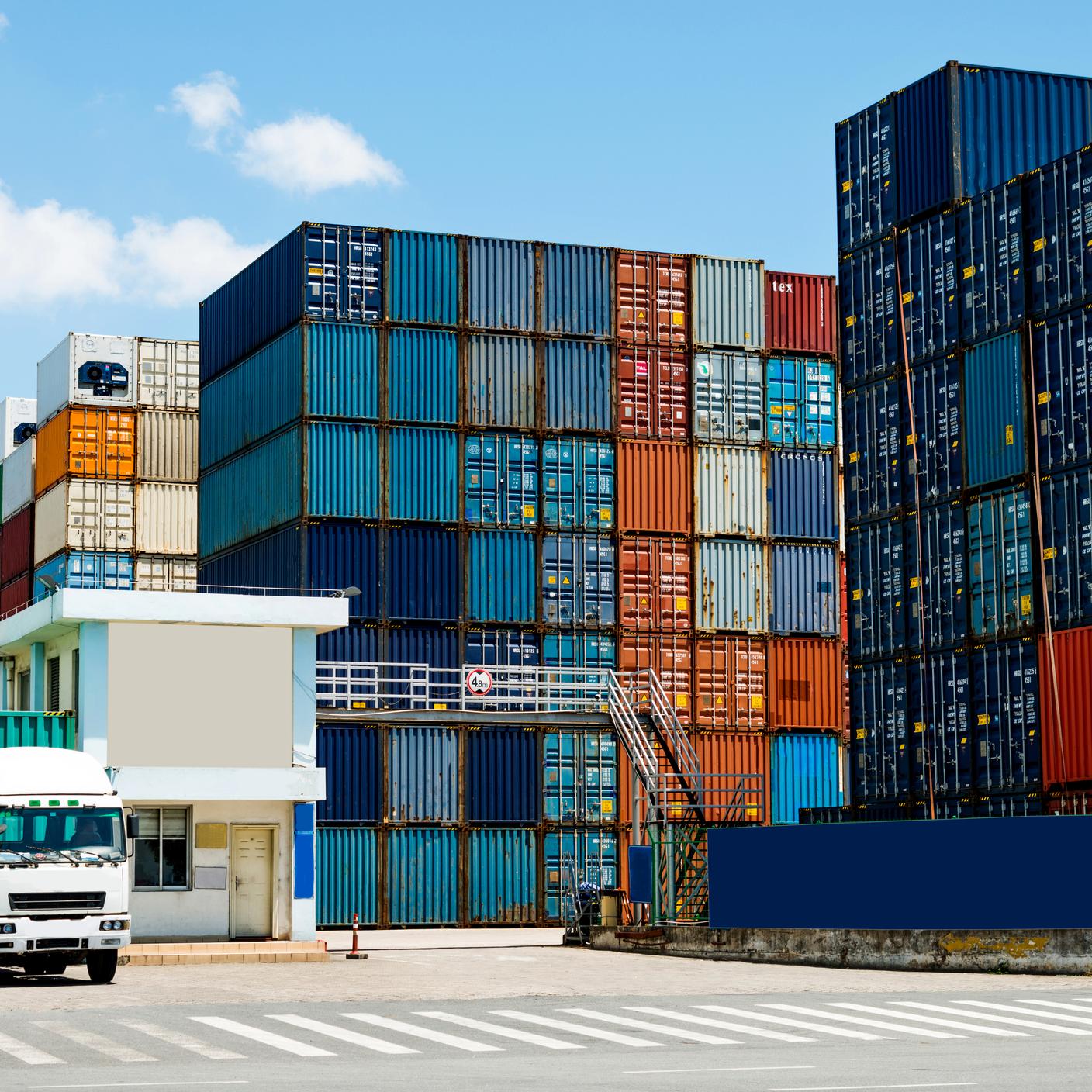Behind every product produced and distributed and at the end of every value chain, regardless of how automated it is, is a human being. Many of these people, from factory floor workers and manufacturing staff to onsite line workers, represent some of the most vulnerable people in the global workforce. Given how crucial the work of these people is in keeping businesses running, it is critical that companies protect these workers and engage with them as integral parts of their supply chains through ethical recruitment practices.
What is ethical recruitment?
Ethical recruitment ensures that hiring practices are fair, transparent, and compliant with international labor standards. The practice involves hiring workers under conditions that respect human rights, prevent exploitation, and promote fairness throughout the employment cycle, from recruitment and placement to termination of contracts.
Worker risks
One of the primary risks that value chain workers face is the imposition of recruitment fees, or fees that workers must pay to middlemen (typically labor agent or agencies), to secure their job on a client site. These fees can put workers in exploitative situations, as often they exceed a year’s salary and trap workers into cycles of debt that keep them tied to their jobs for as long as it takes to pay back this debt. Just as you wouldn't expect to pay to keep your job, it's only fair to ensure that the people who make your products are not paying for theirs.
While recruitment fees are deeply entrenched in many industries and won't be eliminated overnight, the International Organization for Migration (IOM) reports that reducing the average recruitment costs workers pay from $5,000 to $1,000 per person would put $4 billion back into the pockets of migrant workers. For the people at the end of our supply chains, every cent counts.
These significant savings could help lift workers and their families from the very economic hardships that drove them abroad. Most would not have left home if they'd found sufficient work and pay locally. For many, paying exorbitant recruitment fees feels like the only escape from poverty.
In the last few decades, global regulations have evolved to address the exploitation risks that supply chain workers face, and organizations can face repercussions if found to have been charging workers for recruitment fees debt. Building concrete systems to protect these workers is thus not just morally right, it's essential for managing financial, legal, compliance, and reputational risks.
Start with clear policies
The foundation of any ethical recruitment program begins with comprehensive policies that outline your organization's commitment to fair labor practices, not only within your own operations but also in your procurement activities, specifically with supplier contracts. These policies should explicitly prohibit recruitment fees charged to workers, debt bondage, document retention, and other indicators of forced labor, while adhering to established frameworks such as the International Labour Organization's Fair Recruitment Initiative (ILO-FAIR), UN Guiding Principles on Business and Human Rights (UNGPs), and the OECD Due Diligence Guidelines.
With US Customs and Border Protection (CBP) taking a stronger enforcement posture under the Uyghur Forced Labor Prevention Act (UFLPA) to prevent goods produced using forced labor from entering the country, including restrictions on cotton from specific regions, supply chain security has become a bigger priority. Risk assessments under various programs, such as the CBP's Customs-Trade Partnership Against Terrorism (CTPAT) and the Automotive Industry Action Group's supply chain security initiatives, now address mandatory forced labor requirements, making stronger policies both an ethical imperative and legally essential.
Download From policy to practice: Fighting worker exploitation throughout global supply chains to gain knowledge on how to take meaningful action towards eradicating modern slavery. Discover how BSI Consulting can help your ethical recruitment journey and ensure compliance with international labor standards.








